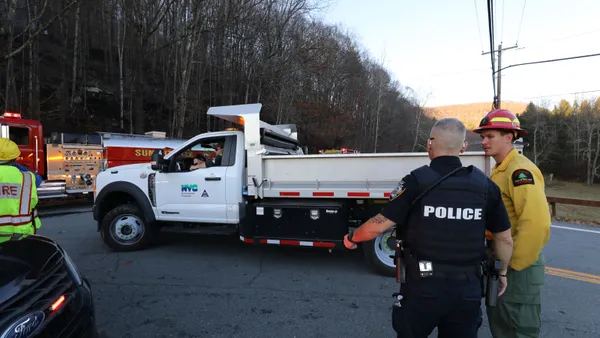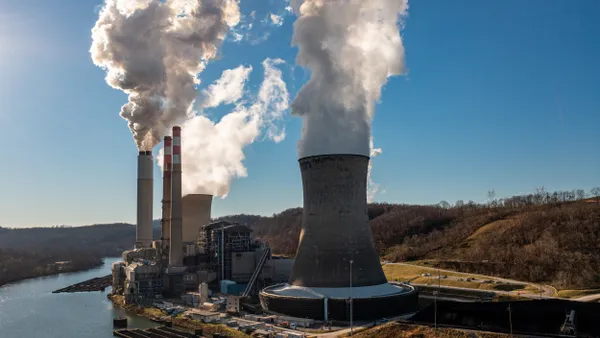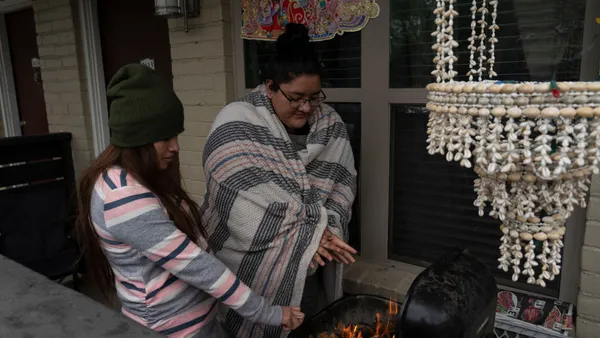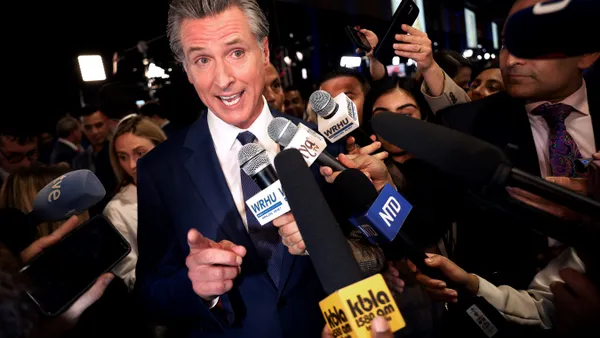Dive Brief:
- Members of the former 100 Resilient Cities (100RC) program have officially reunited under a new network, the Global Resilient Cities Network (GRCN), announced this week at the UN-Habitat World Urban Forum.
- GRCN, led by a team of former 100RC executives, will continue "its role as a vanguard of the urban resilience movement" by serving as an association for chief resilience officers to collaborate and assess the impact of resilience strategies. All of the 100RC member cities have recommitted to GRCN, according to managing director Eugene Zapata.
- This is the second initiative to break off of the former 100RC foundation. The recently-launched Resilient Cities Catalyst, also led by former 100RC executives, is a separate nonprofit organization operating as a social impact consultancy for governments, foundations, private sector and nonprofits.
Dive Insight:
While GRCN is, in a way, serving as the "new" 100RC network, it is very different than the original Rockefeller Foundation-backed initiative, Zapata told Smart Cities Dive. The network will center on collaboration, regionally-led strategies and a focus on impact, and support will no longer be financially driven.
"The 100RC program had a one-size-fits-all approach to urban resilience," Zapata said. "Now we’re going to be more attentive to the differences between, say, a city in a developing world and a city in Northern Europe."
Outside of assistance to launch the program, GRCN will not have direct ties to the Rockefeller Foundation. "They helped us to transition from the former program into the new autonomous, independent, hopefully sustainable network with a $9 million grant," Zapata said.
GRCN will instead look to corporate partners for support. Zapata said the network is collaborating with organizations such as the Ocean Conservancy and the World Resources Institute (WRI) to ensure resilience strategies are appropriately established and enforced.
In regards to the Resilient Cities Catalyst, which is led by founding principal and former 100RC president Michael Berkowitz, Zapata emphasized there is no animosity between the organizations despite being entirely separated.
"We are in the best, not only personal, but professional relationship with him and his team," Zapata said. "Both of us believe that resilience is one of the biggest challenges in the world of cities today and there’s a lot of work that needs to be done, so we’re more than happy to see Michael come back with his consulting institution, with that team and with all the expertise that he has."
GRCN has already begun working closely with member cities to launch resilience strategies. Last week, London released its first resilience strategy, with the support of GRCN, to prepare for the long-term threats of climate change and of Brexit. Zapata said Houston is also expected to launch its strategy this week.
The network will welcome up to 10 new member cities in 2020.












